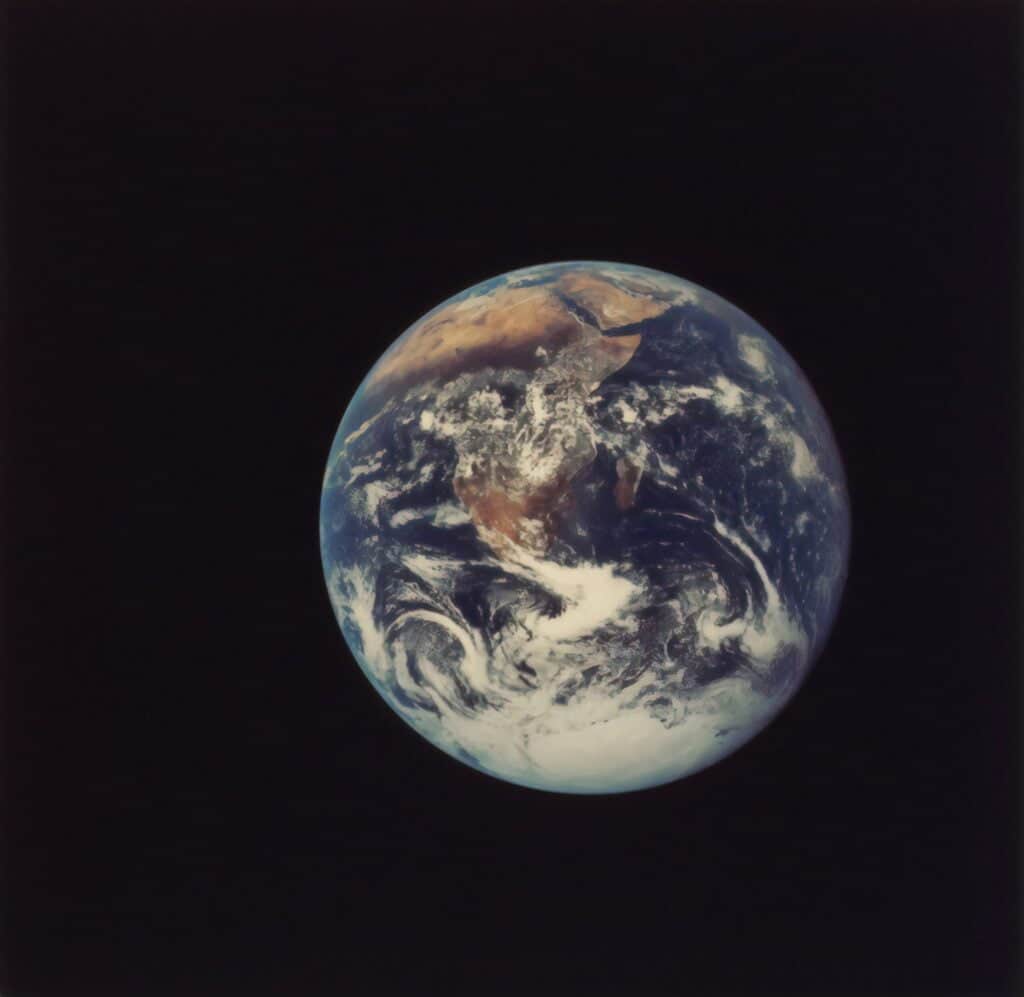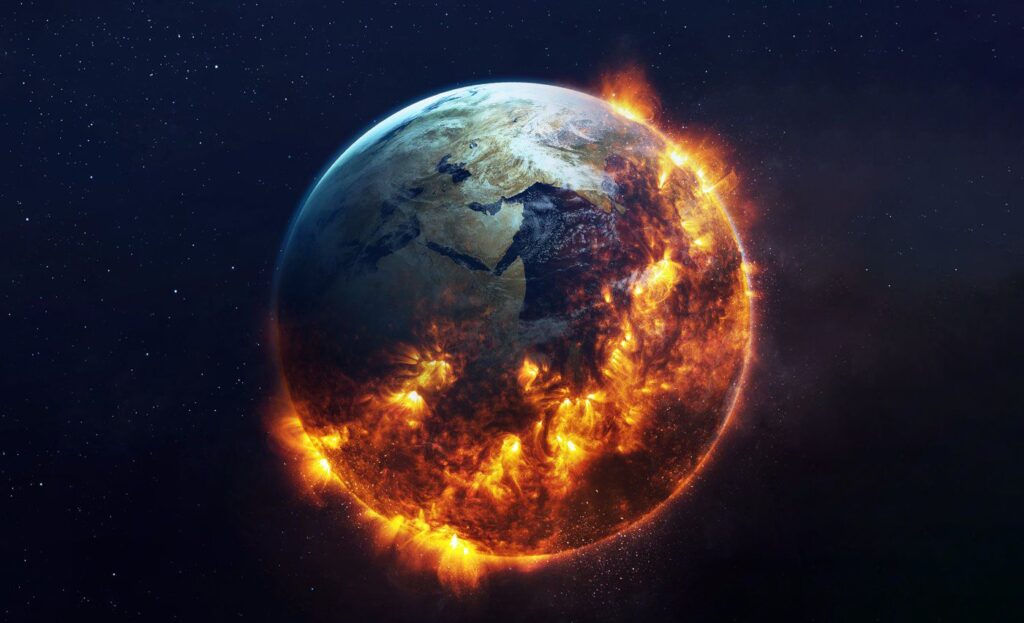The Earth constantly spins like a top, even though we can't see it, touch it, hear it, or feel it. But what would happen if she suddenly stopped rotating? Here is a new episode of the August series "absurd questions that you didn't even think you wanted to ask".
If the rotation stopped, the angular momentum of every object on Earth would tear through the surface – it would be a really, really bad day. “It's just mental speculation,” he says James Zimbelman, senior geologist emeritus at the Smithsonian National Air and Space Museum in Washington, DC. “There is no natural force that can make the earth stop rotating. This is part of the reason why the planet has been spinning since it formed, which is pretty impressive.”

Do you want to go for a ride?
La Terra it makes a complete rotation on its axis every 23 hours, 56 minutes and 4.09053 seconds. If the planet were to stop rotating abruptly, the angular momentum imparted to the air, water, and even rocks along the equator would continue to move at a speed of 1700 km per hour (1.100 mph). The movement would tear the Earth's surface to shreds, hurling fragments into the upper regions of the atmosphere and outer space.
Yes, but what is angular momentum?
Let's take a step back and give an example: a passenger in a moving car that stops abruptly will continue to move forward: that is linear momentum. Angular momentum is the same thing, but with rotation. It is the product of the moment of inertia (the rotational force needed to rotate the mass) and the angular velocity.
“One of the fundamentals of physics is the conservation of angular momentum,” Zimbelman says. “Once something spins, you have to exert the same force in the opposite direction to stop it from spinning.”
And now, some clarifications about the Earth that stops rotating.

According to Zimbelman, the fragments that would detach from the surface would sooner or later be brought back by the planet's gravitational attraction. Upon impact, of course, these pieces of the earth that had stopped rotating would release more energy: the constant bombardment of these fragments would liquefy the crust into a molten “ocean of rock.” Eventually, the colliding fragments would be reabsorbed into this “lava” through a process called accretion.
It's not over here: the rapid and destructive transition would also vaporize most of the water on the planet's surface. Most of this water would be lost, some could be incorporated into newly solidified minerals, such as olivine. Finally, not all fragments would be reabsorbed by growth. Some of the planetary fragments would be overwhelmed by the moon's gravitational pull, bombarding the nearby satellite and creating countless other craters on its surface.
Better to rotate. Decidedly.


